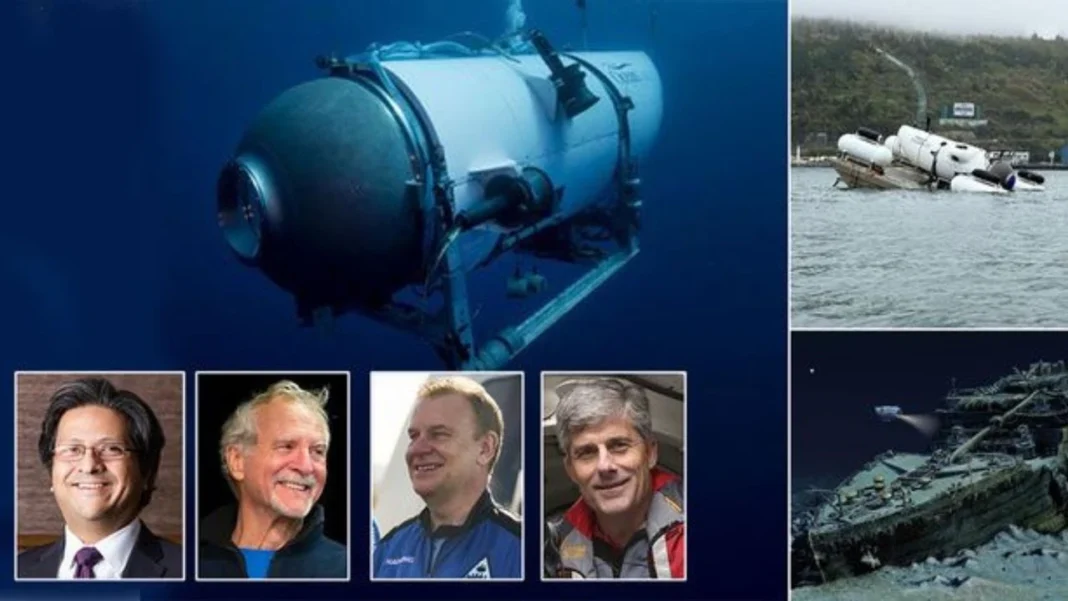Down into the abyss, the titanic sunk – an iconic symbol of human hubris. We’ve all heard the stories, read the articles, watched the movies, even hummed along to Celine Dion’s melancholic “My Heart Will Go On.” But what happens when we stop humming, stop remembering the lessons of the past, and dive headlong into the same waters that swallowed a monumental edifice of human accomplishment?
One may rightfully argue that the tale of the Titan – a submarine named with almost a mocking nod to its ill-fated predecessor – is a case study in the veracity of the Swiss cheese model of accident causation. Accidents occur when the holes in layers of defense align, much like slices of Swiss cheese. Well, here we are once again, on the cusp of another disaster; another hole in the cheese has been aligned.
Not long after OceanGate’s submersible, the Titan, was reported missing in the North Atlantic on an expedition to the Titanic’s wreckage, a court document from 2018 resurfaced. This lawsuit paints a vivid picture of a company whose gross negligence had been simmering for years. The whistleblower, David Lochridge, the former director of marine operations at OceanGate, had issued warnings about potential risks associated with the Titan’s carbon fiber hull and other safety concerns.

This prophetic warning was swept under the rug. Not only did the top brass at OceanGate dismiss Lochridge’s warnings, but they fired him, showing just how determined they were to continue their reckless endeavor. Notably, Stockton Rush, the company’s founder, and CEO was on the missing vessel. Perhaps the irony of the situation isn’t lost on him now, as he faces the same destiny as the ill-fated Titanic.
Despite Lochridge’s professional integrity and desire to protect the crew, his concerns were met with vehement denial. He warned of the forward viewport’s limited certification to a depth of 1,300 meters, flagging it as a potential risk considering the Titanic lies about 3,800 meters below the surface. Despite this, OceanGate refused to fork out the extra cash for a viewport capable of withstanding the Titan’s intended depth. And the icing on the cake – the questionable use of hazardous flammable materials within the submersible.
And this isn’t even the most egregious part of the tale. Stockton Rush prided himself on creating a team that was “young and inspirational,” using a game controller to steer the submarine, for goodness sake. Pardon my incredulity, but when I’m plunging into the darkest depths of the ocean, I’d prefer my pilot to be a seasoned professional, not some young upstart using a joystick as though he’s in an arcade.
And now, here we are. Rush and his crew find themselves in a watery grave, a perfect symbol of the dangerous repercussions of unchecked ambition and disregard for safety. A self-made prophecy, one might say.
Must See –> Viral Content: Brace Yourselves… A Storm is Coming! You Just Have to Know Where to Look!
Such tragedies underscore the inherent dangers of billionaire tourism, a reckless endeavor fueled by ego and wealth. When exploration becomes a status symbol, a playground for the rich, we risk losing sight of its purpose and value. Not to mention the exorbitant costs that are footed by society in futile rescue attempts when such adventures go awry.
The deep sea should remain the domain of the professionals. Not every journey must be made, especially when there’s little tangible benefit to humanity. If you want to experience the Titanic, there are safer, less ego-driven ways to do so.
One may argue that we’re all free to make our choices, to take risks, to pursue our dreams, but let’s remember that the consequences of these choices ripple outwards, affecting more than just the dreamers themselves.
So here’s my plea: let’s stop the reckless billionaire adventures. Let’s stop the unchecked ego trips. Let’s remember the Titanic, the Titan, and the countless other examples of human arrogance. Let’s not just talk about the Swiss cheese model, let’s remember it and learn from it.
As we go forward, let’s carry the lessons of the past with us, ensuring that safety and respect for our environments – be it land, sea, or space – are at the heart of our actions. That’s the world I want to live in, and I hope it’s the world you want to live in, too.
Remember, my fellow travelers, we are all connected in this great journey of life.
Let’s ensure that our actions echo this understanding, honoring the legacy of those who have gone before us, and respecting those who will follow.





